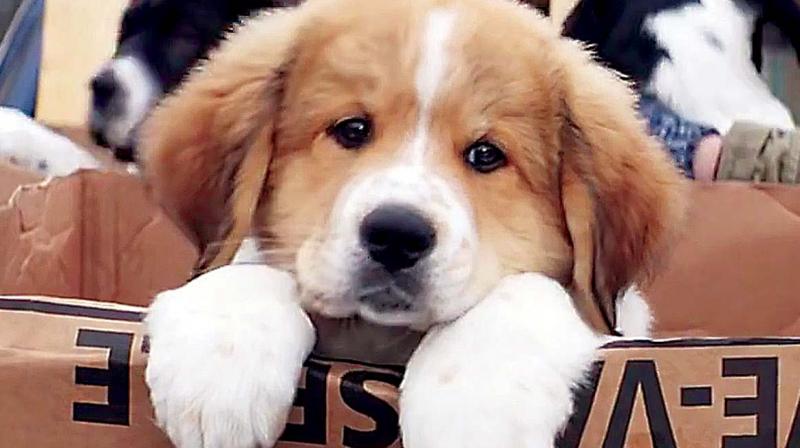Having pet is now a luxury in Yemen
In a country where people once had many pets, the price of an animal companion has as much as halved, despite immense inflation.

Sanna: In Yemen, where almost four years of war have brought millions to the brink of famine and ravaged the economy, Mourad Jamal struggles to keep his small pet shop in the capital Sanaa afloat.
Fluffy white cats and birds are on show in cages along a wall. A lone gold fish swims in a tank, and a gray parrot stands on a perch. Animal collars and leads hang from the back wall and packets of dog biscuits are stacked at the counter.
“The situation in the country has deteriorated, the financial state is dismal. A Yemeni national barely keeps himself going,” said Jamal, owner of the Aalam Aleef pet shop.
Having a pet in the current situation is considered a luxury, he added. He has been in the pet business for seven years and had his shop for two years.
Yemen’s war has been in stalemate for years, with a Saudi-led coalition of Sunni Muslim Arab states and Yemeni allies unable to dislodge the Iranian-aligned Houthi movement that controls Sanaa, and most urban centres.
Sanaa has been subject to air strikes from the coalition, which intervened in Yemen in 2015 to restore the government of ousted President Abd-Rabbu Mansour Hadi.
When embassies closed with the outbreak of war, and foreigners fled Sanaa, taking their animals with them, the number of customers spending on treats for their animals fell, Jamal said.
Jamal, a vet by training, said he stays in business by treating animals, but faces huge problems trying to carry out even routine procedures. Vaccinations that should be kept cool in transport can arrive unfit for use, he said.
Dog owner Amro al-Awadi said he can no longer afford to buy special food for his dog and now feeds it restaurant scraps. “I kept my pets because of my love for animals, other people abandoned them,” he said.

